- Learning time
- 20 minutes
- First play time
- 80 minutes
Origin
Designed by:
In the game of Origin you oversee the development of early man: spreading your tribe across the globe, starting out in Africa.
The board shows a simple map of six continents broken into different coloured regions of purple, green, orange and brown. The game begins with a single, un-owned tribe at the centre of Africa. Players are given three purple goal cards and choose one to keep, then you’re off.
On your turn you have three possible moves: you can evolve; which allows you to place a new tribe adjacent to any existing tribe on the board. You can move an existing tribe to elsewhere on the board, following movement rules, or you can swap places with another tribe: essentially this is the same as the move rule, only the region you end up in has a tribe in it, and that tribe is relocated to your starting position.
Every time you evolve, move or swap, you’re going to end up with a tribe in a region new to you. There is always a reward for this: getting orange, yellow or purple cards (matching the region’s colour) and/or innovation tokens. The tokens are worth points, and the cards do a variety of things: purple cards give you more goals to achieve, green cards give you an instant reward and orange cards give you a permanent ‘power’ that lasts until the end of the game. (There are no brown cards for establishing a tribe in a brown region, but you get the to grab two innovation tokens instead)
So all of this means that every turn you’re getting more cards and/or tokens – and every turn you’re allowed to play one card of each of the three available colours. Playing cards can get you points too. There are far too many variations of cards to cover them all here, but they all have a simple explanation of what they do on them, Also around the map are strait and hunting chits, which players can grab for themselves.
Finally – and crucially, because how you manage this next bit is the crux of the game – the tribe pieces come in different colours, heights and thicknesses, and when you evolve you have to match at least two characteristics of the tribe you’re evolving next to. Why this is important is because of both the move and swap options; the taller the tribe the farther it can move, and tribes can only swap places with tribes that are thinner than them; essentially it is survival of the fattest.
The guru's verdict
-
Take That!
Take That!
There's a fair bit of Take That in the game - as well as displacing other players' tribes, some of the cards allow you to steal from them too.
-
Fidget Factor!
Fidget Factor!
Low. Every turn has three options and a maximum of three cards to play. Once familiar with the game it's going to zip along nicely.
-
Brain Burn!
Brain Burn!
...but there may be an odd lull when that delicious move you were planning gets kiboshed by the previous player. Nothing to agonize over, though.
-
Again Again!
Again Again!
There's a great degree of variation built into the game, from the cards and the strategies you choose to pursue.

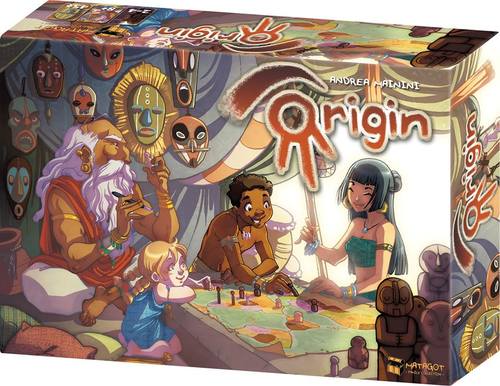
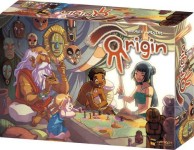
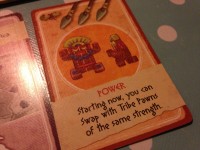
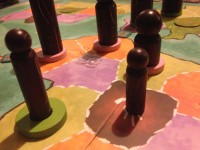
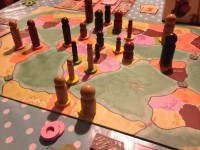

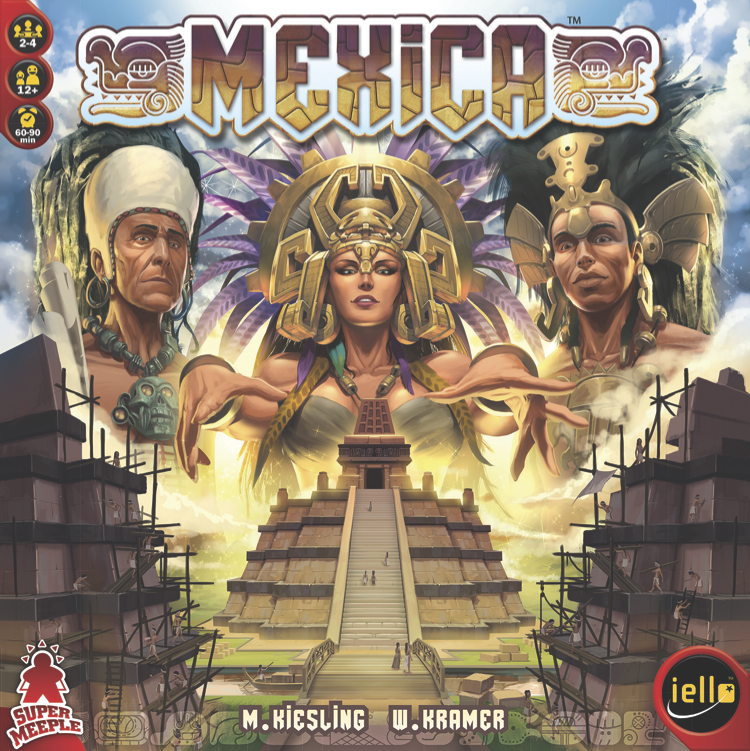
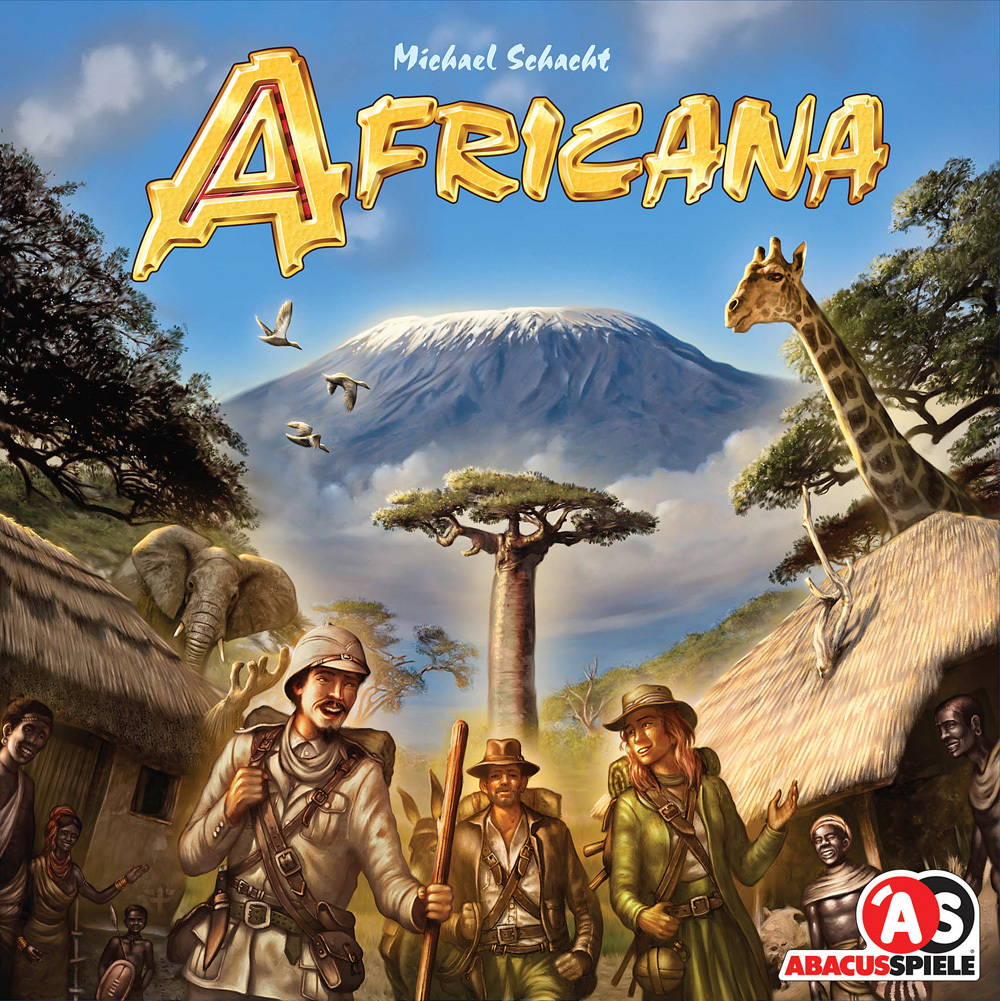
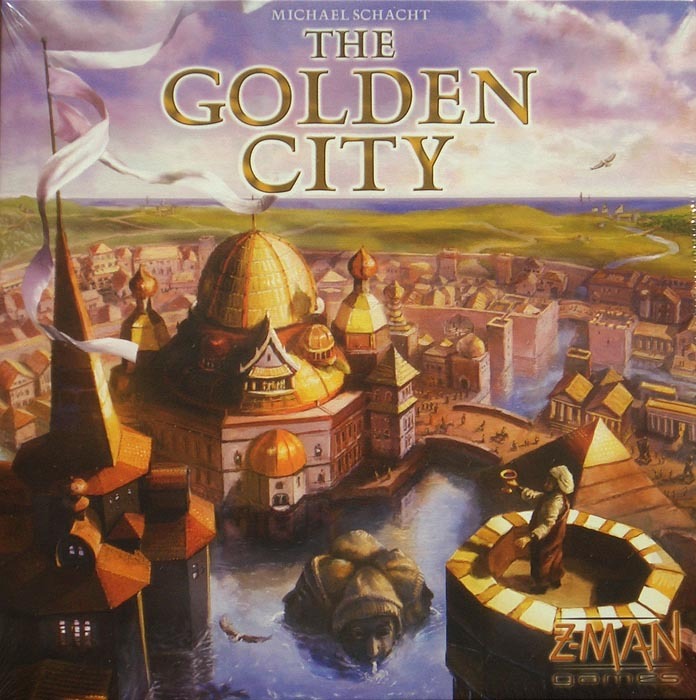
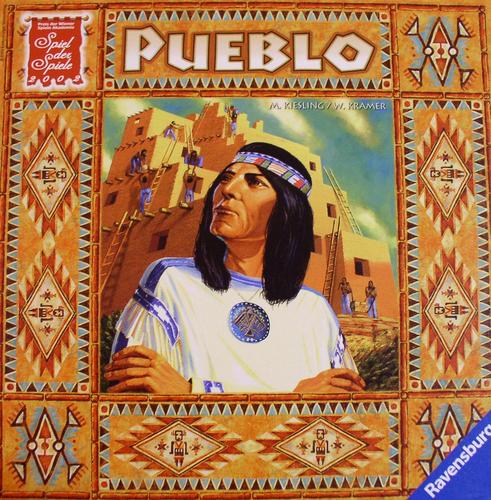
Sam says
My dislike of text-on-cards dictating how a game functions (when the game sets up parameters which the cards then ignore) means I shouldn't really enjoy Origin: while there is certainly tactics and strategy as to how you spread your tribe on the board, the cards are where the points are scored. But it's fun - I don't think it's as good a game as Mexica (which doesn't have cards at all) but it looks nice, doesn't out-stay its welcome and there is a lot of re-playability here too.